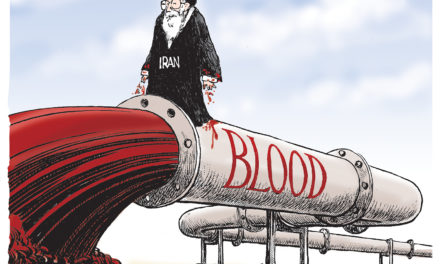Board of Commissioners of Shelby County v. Burson, 121 F.3d 244 (6th Cir. 1997). In Burson, Republican Commissioners Mark Norris, Bill Gibbons, and others caused Shelby County to sue in federal court (over the objection of black Commissioners) to declare its own redistricting plan for the county school board unconstitutional because it included voters from Memphis. (The Commission had done so because a new Tenn. law at the time had required it.) The Sixth Circuit Court of Appeals held it was unconstitutional for Memphis voters to have a say in Shelby County school board elections. The Court stated that the “relevant geopolitcal entity” for one person, one vote issues was the school district, not the county.
Notably:
1. The Court said the constitution is violated “where the government allocates the franchise in such a manner that residents of a separate area have little or no chance to control their own school board.…” Id. at 248. Here, the “dual majority” requirement gives suburban voters a complete veto over whether Memphis decides to discontinue operating its special urban school district. Memphis must have the right to decide if they will continue to operate its special school district, because state law provides the default rule that COUNTIES educate kids in the county–special school districts are a departure from the default rule, undertaken voluntarily by the city operating a special school district. Norris’ bill would mean that Memphis signed up for a SSD 100 years ago, not knowing they’d be perpetually locked in, but now has no control over its own fate.
2. Here’s the kicker. To defend the redistricting plan, the State had argued that without including Memphis voters in Shelby County elections, it would dilute minority voting strength. The court rejected this argument, because the relevant pool of voters is those inside the school district. They said it would be different if someone tried to include mostly white suburban voters otuside the school district in a an election for an urban, mostly black school district–i.e., the exact case here. The court’s exact words: “The…problem…is the issue of whether the decision to expand the electorate to include out-of-district votes dilutes minority votes. Such a case would be presented, for example, if a city’s electorate was expanded to include white suburban or rural areas in order to prevent a black majority in an urban area from controlling their own local government.“



